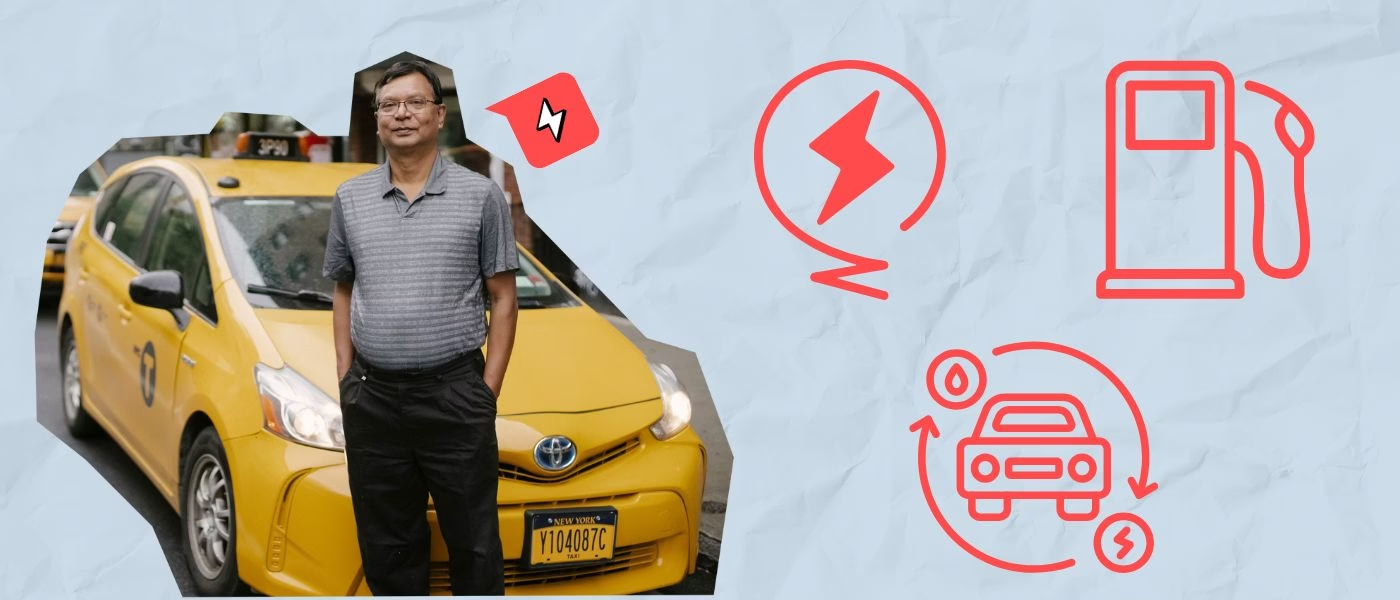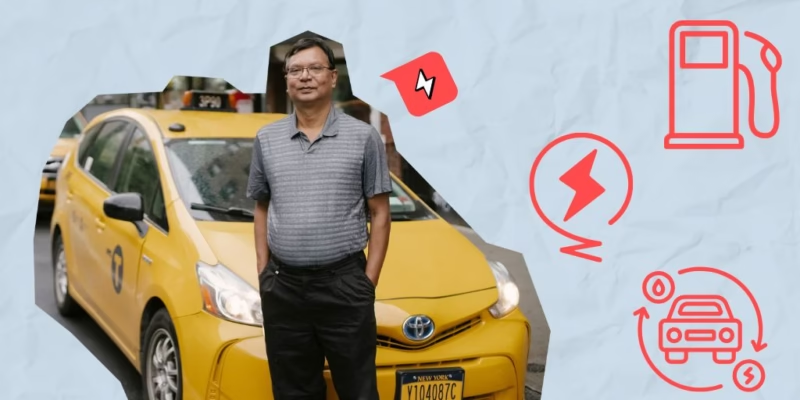 When you spend your working day behind the wheel, the car you choose isn’t just a ride, it’s your office, your livelihood, and sometimes your home away from home. Taxi drivers need a car that’s reliable, affordable, and comfortable for long hours on the road. The big question today is: what’s the best car for taxi drivers?
When you spend your working day behind the wheel, the car you choose isn’t just a ride, it’s your office, your livelihood, and sometimes your home away from home. Taxi drivers need a car that’s reliable, affordable, and comfortable for long hours on the road. The big question today is: what’s the best car for taxi drivers?
Quick Navigation
The Case for Electric Cars
Electric cars have been grabbing headlines everywhere. They’re clean, quiet, and tech-friendly. For taxi drivers, that can mean less money spent on fuel, since electricity usually costs less per mile than gas. Add in government incentives in many cities and the appeal grows.
But there are also downsides. Charging takes time, and unless you’ve got easy access to fast chargers, you might lose hours that could’ve been spent picking up fares. In busy cities, waiting at charging stations can also be frustrating. On the plus side, electric vehicles require less maintenance. No oil changes, fewer moving parts, and less wear on brakes thanks to regenerative braking. That means less time in the workshop and more time on the road earning money.
For taxi drivers working in areas with strong charging infrastructure, an electric car could be the best car for taxi drivers who want low running costs and modern comfort.
The Case for Hybrid Cars
Hybrid cars combine a gas engine with an electric motor, and this blend can be a sweet spot for many taxi drivers. Hybrids don’t rely solely on charging stations because the gas engine kicks in when needed. That flexibility means less downtime, and you can refuel quickly at any gas station if you’re running low.
Hybrids also deliver solid fuel economy, which helps keep operating costs down. Many models are designed for city driving, where they can switch to electric power at low speeds, saving fuel in stop-and-go traffic. They’re also known for being reliable, which matters a lot when your car is racking up hundreds of miles every week.
For drivers looking for balance, hybrids can often be the best car for taxi drivers. They offer fuel savings, fewer emissions, and no stress about running out of charge mid-shift.
The Case for Gas Cars
Gas cars have been the traditional choice for decades. They’re widely available, familiar to maintain, and usually cheaper to buy upfront than electric or hybrid models. If you’re just starting out as a taxi driver, a gas car might seem like the simplest option.
The downside? Rising fuel prices and higher emissions. Gas cars need regular maintenance and can end up costing more in the long run when compared with hybrids or EVs. In some cities, restrictions on high-emission vehicles are also becoming tighter, which could limit where you’re allowed to operate in the future.
Still, gas cars remain popular for drivers in areas with limited charging stations or for those who want a straightforward, no-fuss option. For some, they still represent the best car for taxi drivers, especially if upfront cost is the biggest factor.
Comfort and Passenger Experience
No matter which type of car you choose, comfort matters. Passengers care about legroom, smooth rides, and air conditioning that works on hot days. Electric cars tend to be very quiet, which creates a relaxing ride for customers. Hybrids are often mid-sized sedans that balance comfort and economy, while gas cars come in all shapes and sizes, giving drivers more freedom to pick what works best.
Remember, the best car for taxi drivers is not only about fuel or maintenance costs. A happy passenger is more likely to give you good ratings, tips, and repeat business.
Conclusion
There’s no single answer because every driver’s situation is different. If you’re driving mostly in a city with lots of charging stations, an electric car might give you unbeatable savings. If you need flexibility and don’t want to worry about charging, a hybrid could be the smart middle ground. And if you’re focused on low purchase cost or working in areas without charging infrastructure, a gas car may still fit your needs.
At the end of the day, the best car for taxi drivers is the one that matches their routes, budget, and lifestyle. Electric, hybrid, or gas, each option comes with its own strengths. The key is knowing what matters most for your work on the road.
